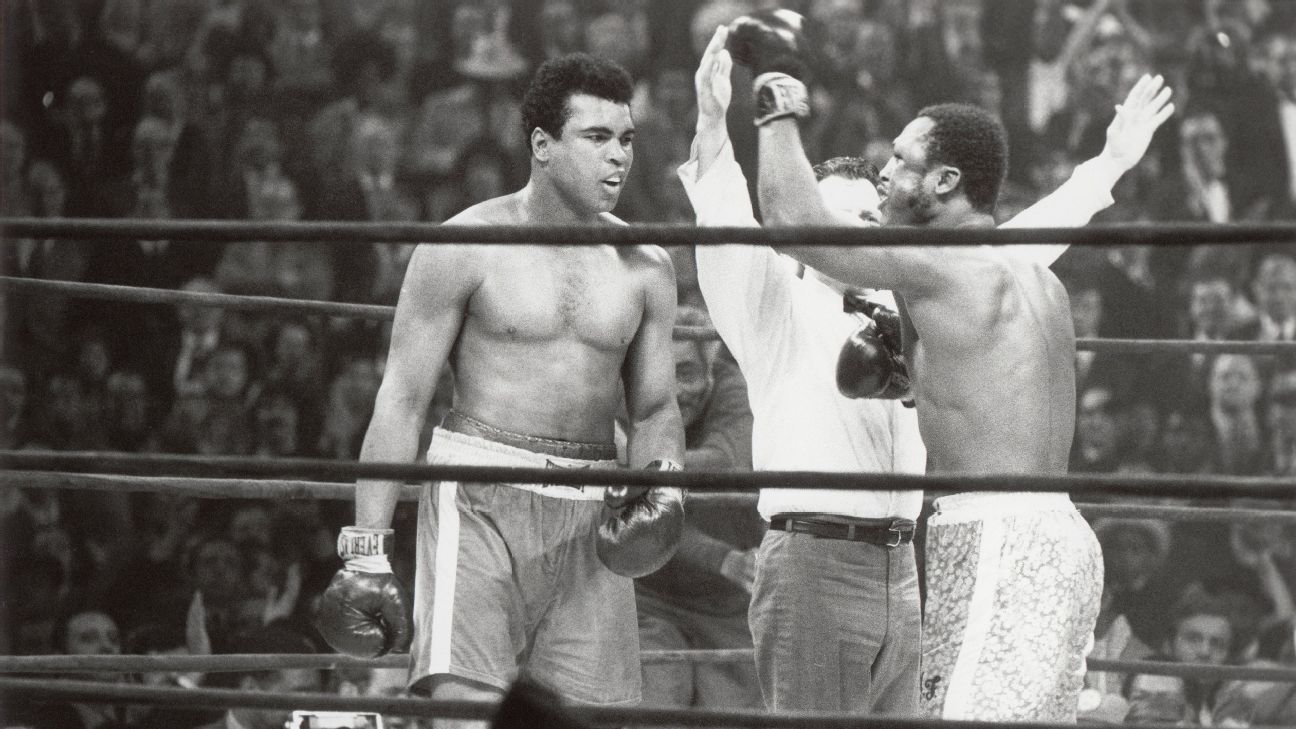

Praise for the book has been lavish, though as Eig says, “There are still a lot of people out there who hate Ali because of his opposition to the Vietnam War.”īut one of the book’s biggest fans is award-winning filmmaker Ken Burns, who says, “Finally, after so many words focusing on this fight or that, the whole life is presented here. More than any other city, Chicago provided him a pathway not only to adulthood and big city life but also to new complexities defined by race and its consequences.” “It was important to be true and honest and objective, to separate truth from myth, to include the human flaws.”Įig has long lived with his family in Chicago, and he is adept at detailing this city’s importance in the life of Ali, who was born Cassius Clay in Louisville, Kentucky, writing, “Beginning in 1958, Clay would make three trips to Chicago in three years. “I am drawn to stories about people who are bigger than life but in so many cases the legend is able to outshine the real life,” he says. He has previously written books about Lou Gehrig (“Luckiest Man”), Al Capone (“Get Capone”) and Jackie Robinson (“Opening Day”) more at. A former newspaper reporter, he has written for magazines and remains a contributing writer for the Wall Street Journal. When Eig was a preteen growing up in New York, he had a poster of Ali on the ceiling of in his bedroom and the fighter has ever intrigued him.


 0 kommentar(er)
0 kommentar(er)
